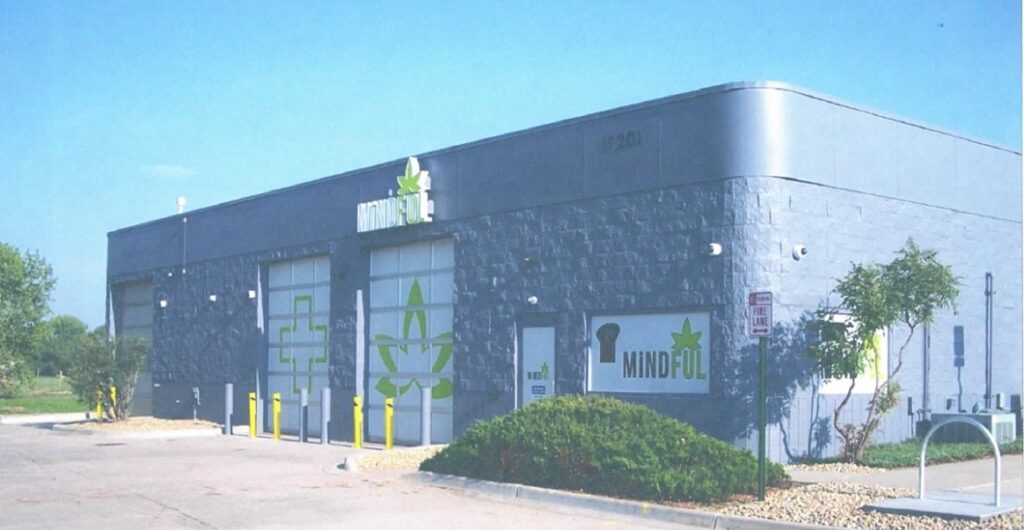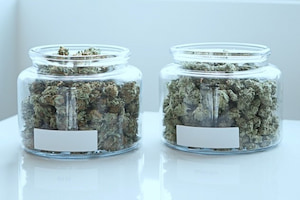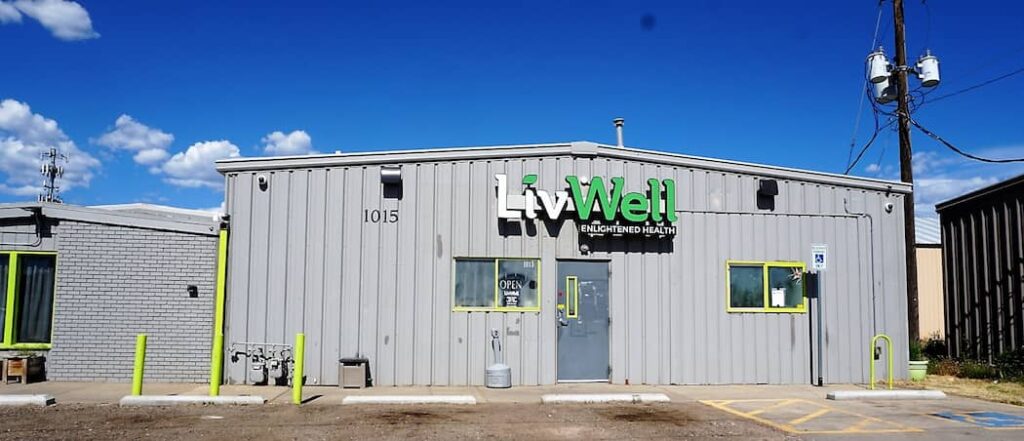Major cannabis company Curaleaf recently reported record earnings to close out 2020. According to financial and operating results for the fourth quarter of 2020, Curaleaf generated all-time high revenues for both an entire year and a single quarter. What could the recent success of Curaleaf mean for the company going forward? And what could it mean for the cannabis industry and major cannabis operators more generally? Keep reading this blog to learn more.
Curaleaf Revenues Hit Record Highs in 2020
Curaleaf Holdings, Inc. is a leading provider of consumer cannabis products in the United States. Curaleaf operates more than 100 dispensaries in 23 states, and the company also has numerous cultivation and processing sites, as well as nearly 4,000 employees and team members. Additionally, Curaleaf is a vertically integrated cannabis provider with its own in-house brands, including the popular Curaleaf and Select brands.
In 2020, Curaleaf revenues hit record highs. Moreover, the final three months of 2020 continued an upward trend that suggests 2021 could be even more profitable for the cannabis company. According to fiscal and operating results that were recently made public, Curaleaf’s Q4 2020 saw the company’s total revenues exceed $230 million. This represented a sizable 23% increase over Curaleaf’s Q3 earnings of $182 million, and a massive 205% increase over the company’s Q4 2019 earnings. These financial figures for the final three (3) months of 2020 built on the already-strong results of the preceding nine (9) months. For the entire fiscal year 2020, Curaleaf had total revenues of more than $626 million. This represented a 184% increase over company revenues for 2019.
Curaleaf Cannabis Sales Fueled by Retail Operations
A significant portion of Curaleaf revenues and profits can be attributed to the company’s cannabis sales. For 2020, Curaleaf recorded a gross profit of approximately $275 million on sales of cannabis products at dispensaries in states where marijuana can be legally sold for either recreational use or medical use. In fact, Curaleaf launched a total of 84 new cannabis products last year, with 32 of those products debuting during the last three (3) months. Curaleaf’s new product lines were the culmination of heavy investment in research and development, and many of the finalized products were sold at dispensaries acquired by Curaleaf. During 2020, Curaleaf completed acquisitions of eight (8) smaller cannabis businesses and product lines, including Grassroots Cannabis, Alternative Therapies Group (ATG), Arrow Companies, Cura Partners (Select), Curaleaf NJ, Prime Organic Therapy (MEOT), Remedy Compassion Center, and Virginia’s Kitchen (Blue Kudu). The acquisition of Grassroots Cannabis, in particular, allowed Curaleaf to expand its presence into six (6) new states, including Illinois and Pennsylvania.
As evidenced by the acquisition of ATG in Q4, the expansion of Curaleaf’s retail and wholesale operations across the United States showed no sign of abating as 2020 came to a close. In fact, Curaleaf saw its total number of retail operations expand from 51 to 96 over the course of the last year, and its retail footprint also expanded from 14 states to 23 states. The company’s retail growth was matched by its expansion in cannabis cultivation and processing: Curaleaf added nine (9) cultivation sites and 15 processing sites last year. While much of the company’s growth was a result of corporate acquisitions and mergers with other cannabis companies, Curaleaf also had organic growth that allowed for entry into new and emerging cannabis markets.
Looking Ahead to 2021: Continued Growth as Curaleaf Expands into New Cannabis Markets
So far in 2021, Curaleaf has already completed a number of significant acquisitions and deals. For instance, Curaleaf recently opened new retail stores in Florida, Maine, and Pennsylvania. Although Curaleaf already had a robust presence in all three states, the additional dispensaries should bode well for the company as it looks to continue expanding operations. Additionally, the recent store openings give Curaleaf a total of 101 retail locations that sell either adult-use or medical cannabis.
Like other cannabis companies, Curaleaf is expected to thrive as more and more states legalize cannabis for adult use. Joe Bayern, Curaleaf’s Chief Executive Officer (CEO), anticipated further growth for the company in 2021 as Arizona and New Jersey finish implementing their own rules for new adult-use cannabis markets. Both states officially legalized cannabis for recreational use in November 2020 when voters overwhelmingly supported ballot measures. According to Bayern, the legalization of marijuana in New Jersey may “accelerate the potential of future adult-use in key states such as New York, Pennsylvania, and Connecticut.” Since Curaleaf already has a strong presence in those states, the success of legalization efforts at the state level could be very good for Curaleaf’s financial bottom line in the years ahead.
Curaleaf Expected to Enter European Cannabis Market
Perhaps the biggest development for Curaleaf so far this year is its possible entry into the burgeoning European cannabis market. Curaleaf is nearing the finish line of discussions to acquire EMMAC Life Sciences Limited, the largest vertically integrated independent cannabis company in Europe. If the deal is finalized, Curaleaf would become the global leader for retail cannabis sales, and gain access to medical cannabis markets in Germany, Italy, Portugal, Spain, and the United Kingdom. Boris Jordan, Curaleaf’s Executive Chairman, called the Curaleaf-EMMAC deal a “milestone transaction” that will give Curaleaf access to a market with nearly 750 million people.
A Curaleaf press release noted that the acquisition would cost roughly $286 million and could close during Q2 2021. Once complete, the deal would provide Curaleaf with strong international cannabis revenues for the foreseeable future.
Contact Scythian Cannabis Real Estate
Scythian Real Estate is a privately held cannabis real estate fund that has relationships with several of the top cannabis operators in the country. One of the companies that Scythian works with is Grassroots Cannabis, which was recently acquired by Curaleaf. If you are a cannabis operator looking to add capital, Scythian Real Estate may be able to help you. For more information, email Scythian today.
PLEASE NOTE THAT THIS BLOG IS NEITHER AN OFFER TO SELL NOR A SOLICITATION OF AN OFFER TO BUY SECURITIES IN SCYTHIAN REAL ESTATE FUND.










